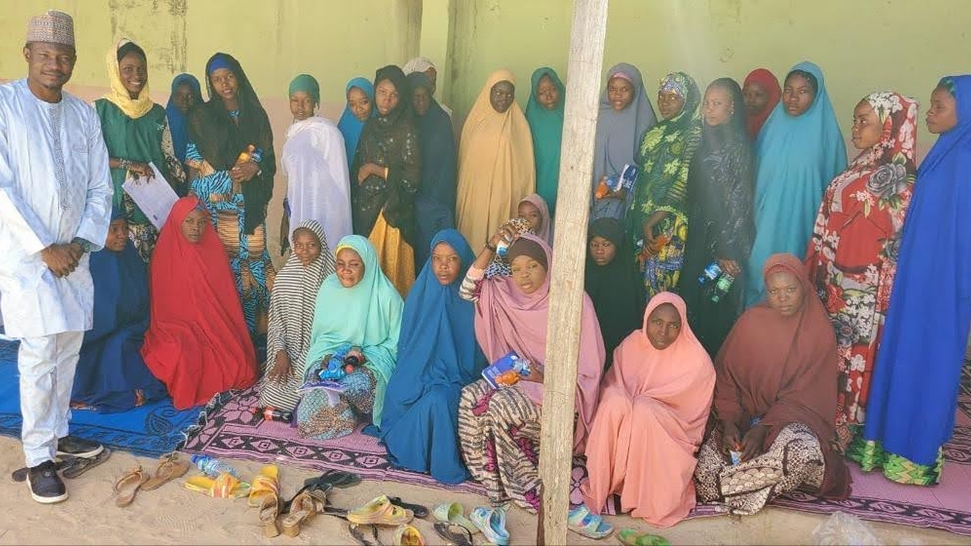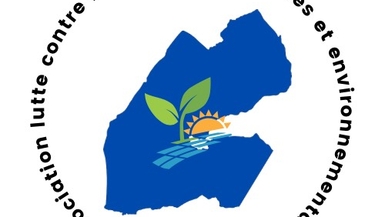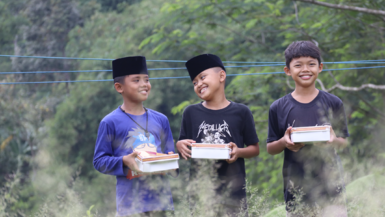Campaign Status
Ongoing Offline: The campaign is currently ongoing offline and, thus still in the process of collecting funds.
Summary
The campaign aims to educate 1,000 girls on menstrual health and provide them with sanitary pads.
Challenge
Nobody deserves the indignity of having to use clothes, underwear, or rags to catch her menstrual flow. These crude materials are not only ineffective but also unhygienic and uncomfortable in catching menstrual flow. In Maiduguri, school-going girls of menstrual age are either forced to endure this humiliation or be absent from school. For the brave girls who want to remain in school and build a bright future, a large number of them confess to facing the stigma that comes from unhygienic menstrual hygiene management, the odor of improperly managed menstrual blood, or shocking stories of how they did not know what to do during their first menstrual period.
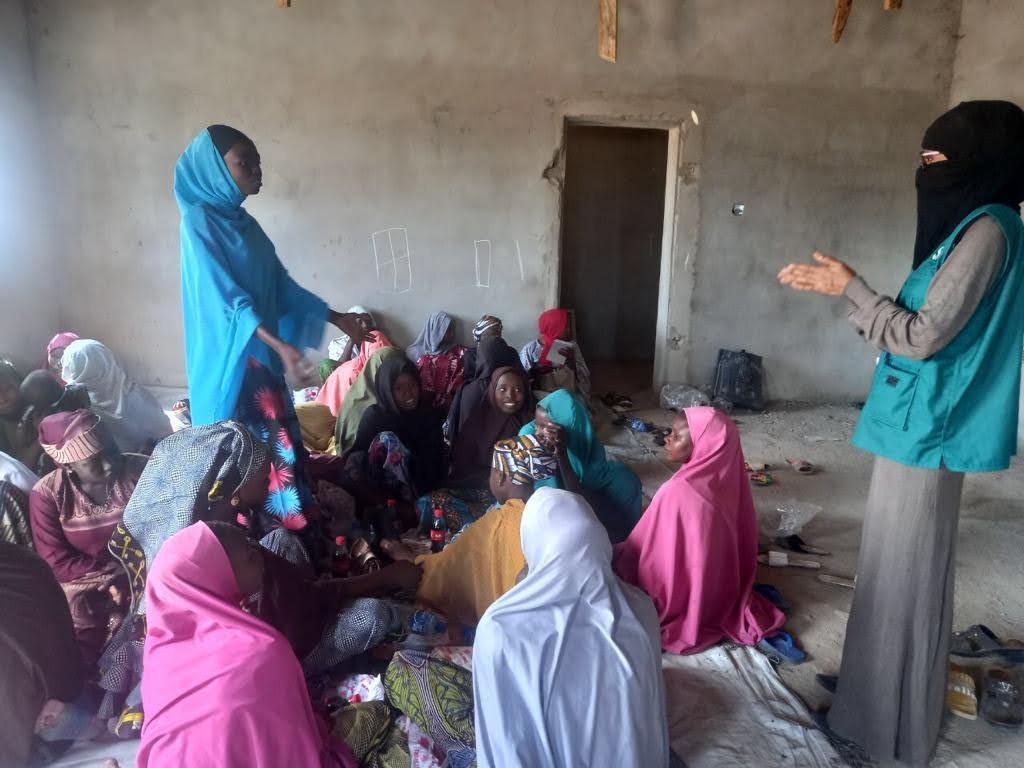
Borno State, like many other states in Nigeria, faces significant challenges in addressing menstrual hygiene needs and closing the gap in access to menstrual hygiene products and services for women and girls. Some of the key challenges in Borno State include inadequate access to affordable menstrual hygiene products, limited awareness and education on menstrual hygiene management, cultural and social stigma associated with menstruation, and inadequate access to safe and private facilities for managing menstrual hygiene.
According to a report by the United Nations Population Fund (UNFPA), only 16% of women and girls in Borno State have access to basic menstrual hygiene products, and many resort to using unhygienic materials such as rags and leaves. The same report also highlights the lack of adequate facilities for managing menstrual hygiene, with many schools lacking private toilets and hand-washing facilities. The ongoing conflict in Borno State has also exacerbated the challenges faced by women and girls in managing menstrual hygiene, with many displaced populations lacking access to necessities such as clean water and sanitation facilities.
Solution
To address these challenges, there is a need for increased awareness and education on the importance of menstrual hygiene management, as well as increased investment in infrastructure and resources to ensure that women and girls have access to safe and affordable menstrual hygiene products and facilities. Additionally, efforts should be made to address cultural and social stigma associated with menstruation and to engage men and boys in the conversation around menstrual hygiene to promote gender equality and women's rights.
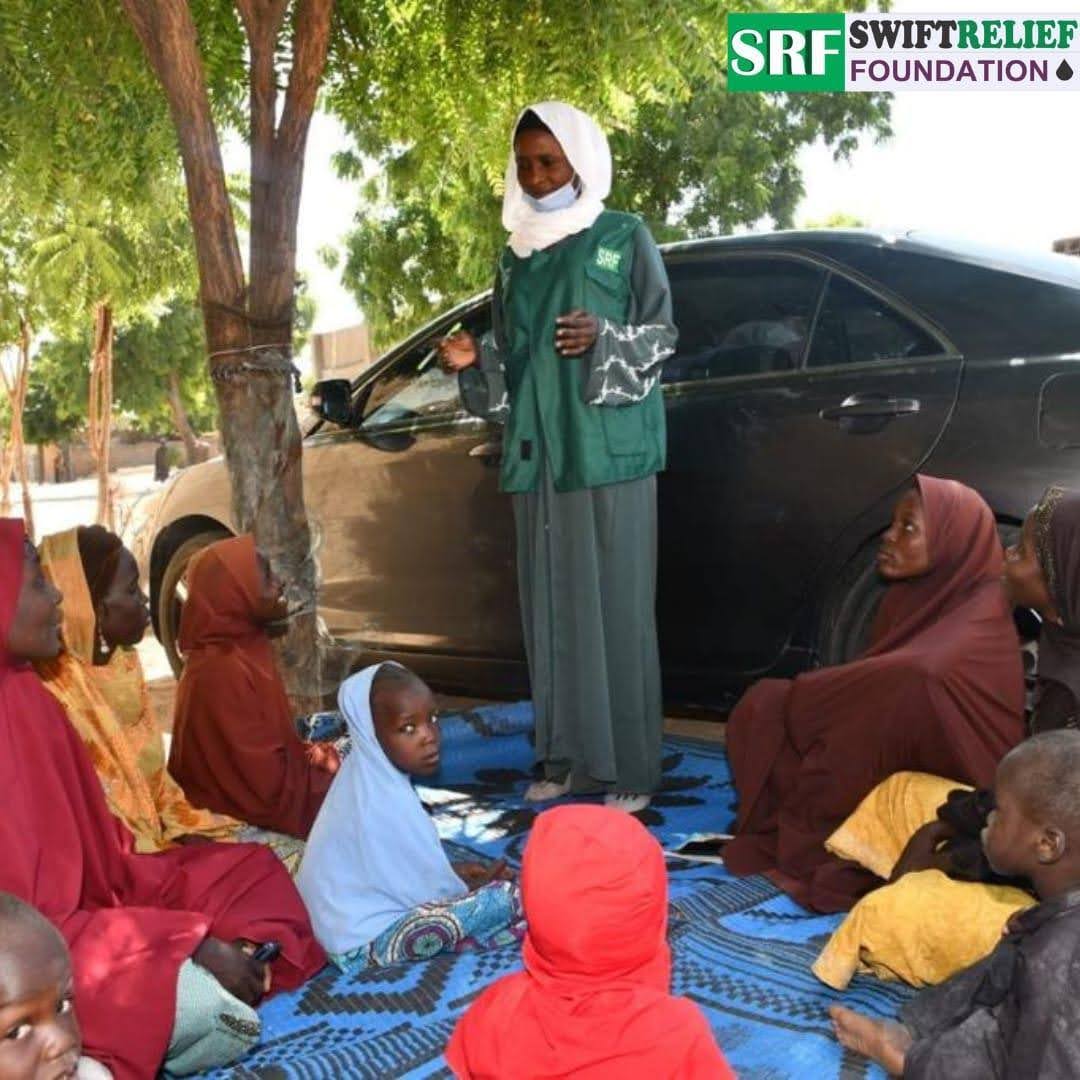
The beneficiary target for this proposal in Konduga LGA includes:
- Adolescent girls: Adolescent girls often face unique challenges in managing their menstrual hygiene, including limited access to menstrual hygiene products, inadequate knowledge and education on MHM, and cultural and social stigma around menstruation. An MHM intervention targeting adolescent girls could provide education and resources to help them manage their menstrual hygiene safely and with dignity.
- Schools: Schools are an important setting for MHM interventions, as they provide a captive audience of adolescent girls who may lack access to MHM resources and education. An MHM intervention in schools could provide education on MHM, as well as access to menstrual hygiene products and safe and private facilities for managing menstrual hygiene.
The Proposed Intervention
Based on the gaps realized and challenges faced with the accessibility, use, and disposal of sanitary products, Swift Relief Foundation is proposing the Safepad project and restoring the dignity of menstruating girls in Konduga LGA, Borno State by working with local leaders and community members to ensure that girls have access to dignified sanitary pads and also provide education on proper hygiene and sanitation practices. We believe that every girl deserves to be treated with dignity and respect, and we will not rest until all girls in Konduga LGA have access to the resources they need to lead healthy and prosperous lives.
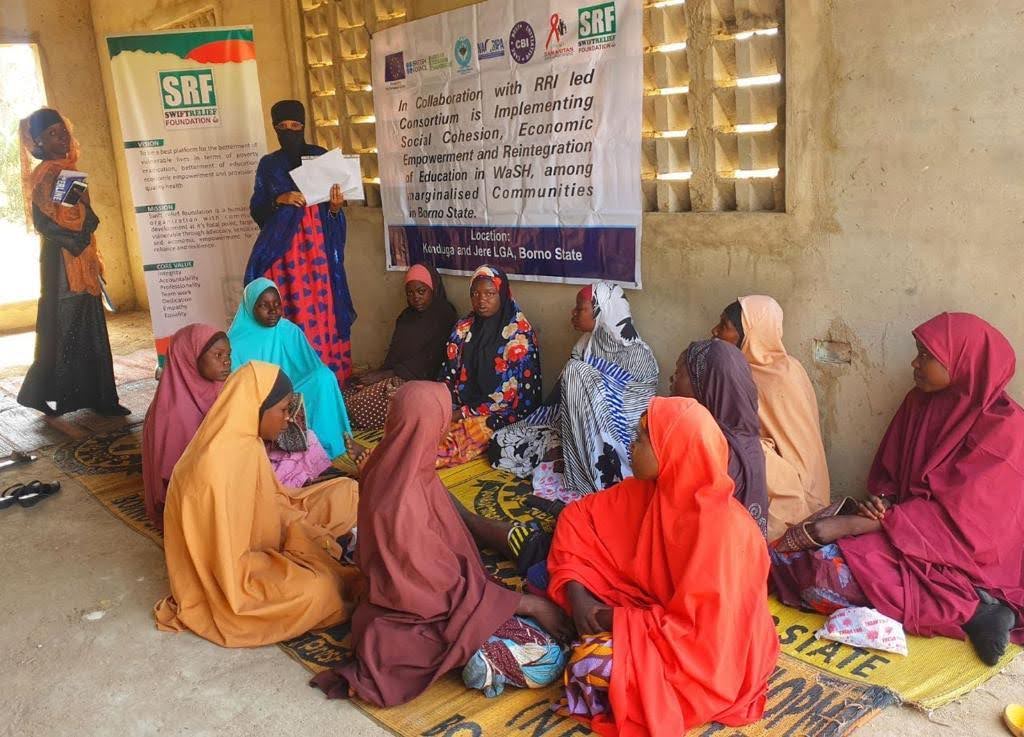
Restoring the dignity of menstruating girls in Konduga LGA through sensitization on menstrual hygiene management and the provision of sanitary pads is a critical intervention that can have a significant impact on the well-being and empowerment of girls in the region.
Sensitization on menstrual hygiene management can help to break down the cultural and social stigma around menstruation and can provide girls with the knowledge and skills they need to manage their menstrual hygiene safely and with dignity. This can involve providing education on topics such as menstrual hygiene practices, menstrual cycle management, and the use of menstrual hygiene products. Sensitization can be conducted through a variety of channels, including schools, community centers, health clinics, and outreach programs.
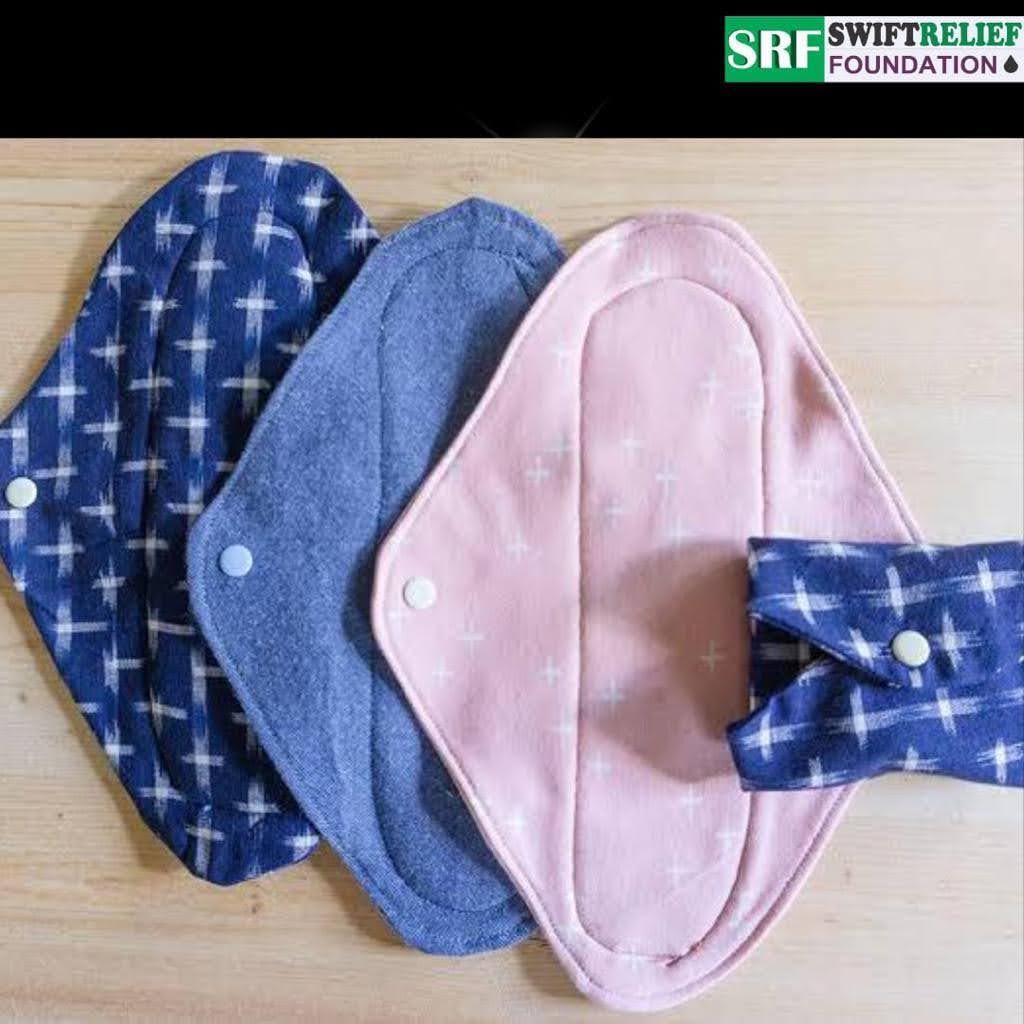
Providing sanitary pads can help to address the issue of limited access to menstrual hygiene products, which is a common challenge faced by many girls in Konduga LGA. This can involve distributing sanitary pads through schools, health clinics, or other community centers. It is important to ensure that the sanitary pads are of good quality and are appropriate for the local context and that girls have access to a sufficient supply to meet their menstrual hygiene needs.
Overall, restoring the dignity of menstruating girls in Konduga LGA through sensitization on menstrual hygiene management and provision of sanitary pads is a critical intervention that can help to promote the health, well-being, and empowerment of girls in the region. It is important to ensure that these interventions are sustainable and integrated into broader development initiatives.
